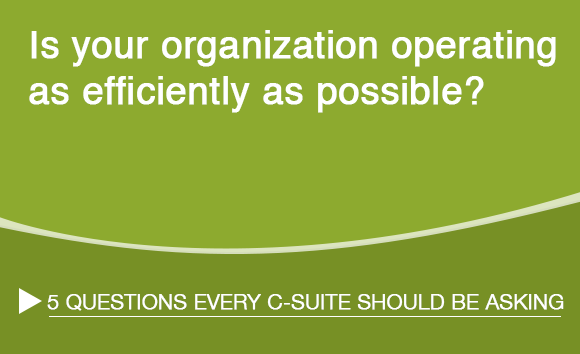- Solutions
- Accounting
- Additional Documentation Requests (ADRs) Management & Support
- Clinical Consulting
- EHR Implementation & Optimization
- Medicaid Eligibility
- Outsourced Contract Controller Services
- Outsourced Revenue Cycle Management
- PointClickCare® Consulting
- QAPI Consulting
- Resident Trust Fund Management & Advisory Services
- Revenue Cycle and Reimbursement Consulting
- Who We Serve
- Resources
- Careers
- About Us
- Contact

 Collection of private pay monies can be the most difficult part of the management of accounts receivable. Most business offices and billers don’t have a problem with billing claims to Medicare, Medicaid or Commercial Insurance plans as they are faceless entities. Collecting money from residents and families that you see every day or speak to on the phone can be very uncomfortable. It is commonly a payor that gets pushed aside as far as collections go because of the discomfort. However, when approached with the right attitude and process, any business office can succeed at maintaining clean private receivables.
Collection of private pay monies can be the most difficult part of the management of accounts receivable. Most business offices and billers don’t have a problem with billing claims to Medicare, Medicaid or Commercial Insurance plans as they are faceless entities. Collecting money from residents and families that you see every day or speak to on the phone can be very uncomfortable. It is commonly a payor that gets pushed aside as far as collections go because of the discomfort. However, when approached with the right attitude and process, any business office can succeed at maintaining clean private receivables.
